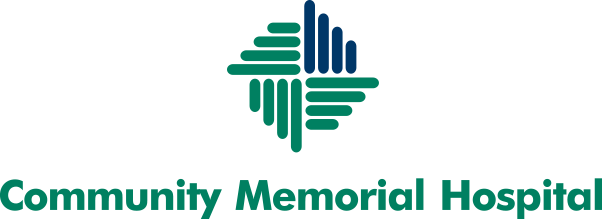Effective November 13, 2020 at 3:00pm: Due to a surge in confirmed COVID-19 cases in our community, CMH is restricting visitors until further notice, with some exceptions. We will continue to allow (one) parent or guardian of pediatric patients, caretakers of dependent adult patients and one visitor per OB patient in labor to enter CMH facilities. These visitors must be the same visitor for the length of the patients stay. Surgery will continue not to allow any visitors. Support person should wait in their car until surgery is finished. Patients in a clinic or services setting must follow the following guidelines: One visitor with pediatric, elderly or special needs patients. Radiology may have one visitor for OB ultrasounds.
Other exceptions may be approved by CMH leadership on a case by case basis such as end-of-life situations. We are sympathetic to our patients who are impacted by this visitor policy, however, it is our responsibility to do all we can to keep our patients, staff and the community as safe and healthy as possible during this pandemic. Thank you for your understanding, and for your continued diligence in masking, social distancing and hand hygiene.
- Frequently clean your hands. Alcohol gel works well in most situations (after coughing, sneezing, or blowing your nose), but with soap and water should be performed after going to the bathroom, be-fore eating, or when your hands are visibly soiled
- Cover your cough or sneeze with a tissue, then throw the tissue in the trash. (Putting a tissue on a table contaminates the surface of the table with germs.)
- Avoid touching your eyes, nose and mouth
- Stay home when you are sick
- Routinely disinfect frequently touched objects and surfaces, using a cleaning spray or wipe
- Avoid travel to high-risk areas
- Stay home if you believe you have been exposed to the virus, even if you are not showing any symptoms.
- Avoid coming to the emergency department, unless you have a health emergency and/or you have been advised by your health care provider to do so. This helps prevent the risk of spreading COVID-19 infection.
- Stay home when you are sick, especially if you have respiratory illness symptoms. At the present time, these symptoms are more likely due to influenza or other respiratory viruses than the COVID-19 infection. Whether you have seasonal flu, the common cold, or something else, it's important you stay away from others when sick.
- Separate yourself from other people and animals in your home as much as possible when you are sick.
- Monitor yourself for fever, cough and shortness of breath.
